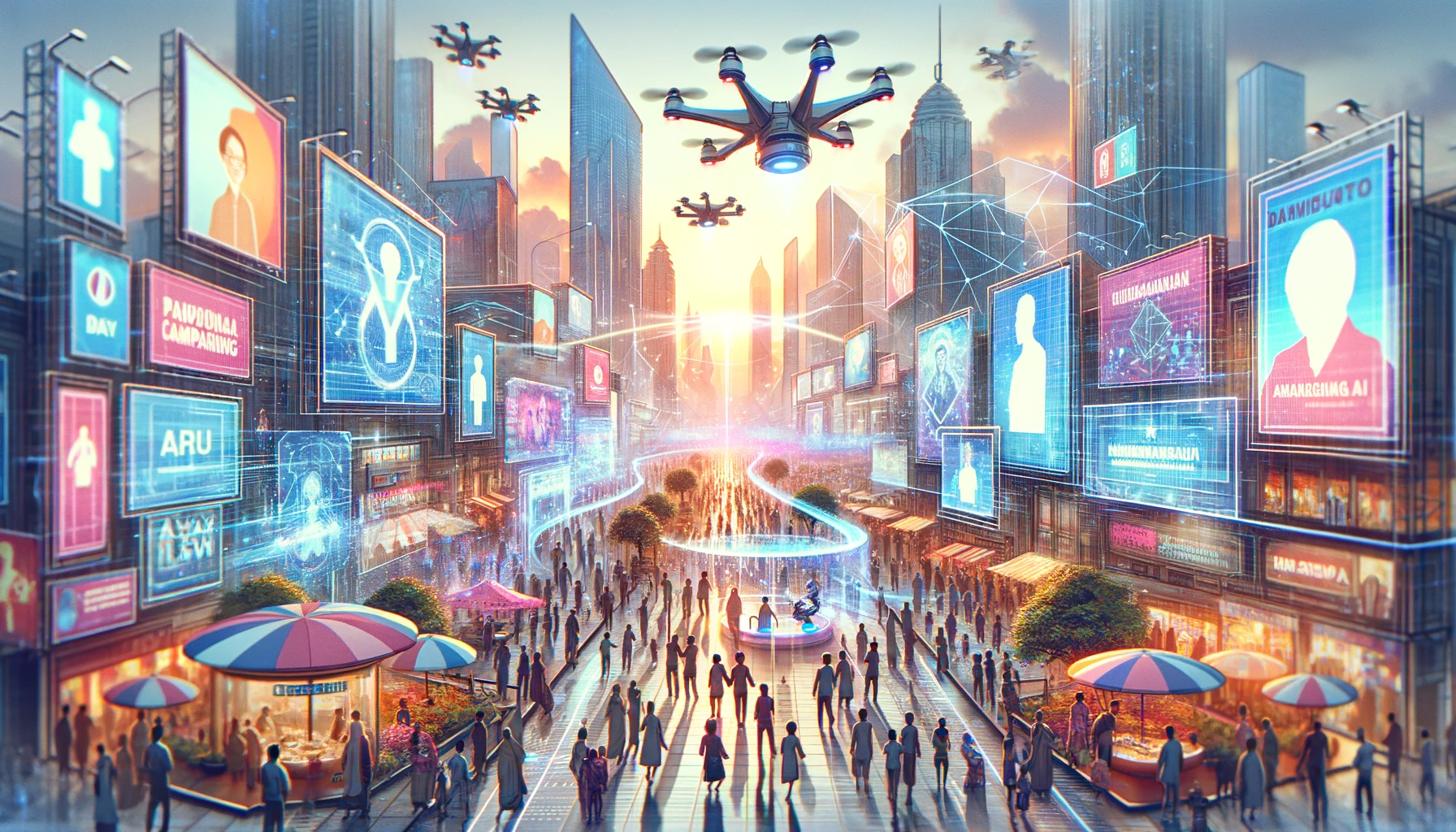The upcoming presidential election in Indonesia is witnessing a significant transformation in political campaigning, with the advent of generative artificial intelligence (AI) reshaping the landscape. Using AI-generated content, candidates, most notably retired general Prabowo Subianto, are reaching out to voters, especially the younger set.
The campaign of former general Prabowo Subianto has enthusiastically embraced generative AI. The once-feared military figure has relaunched himself with a cutesy image thanks to AI-generated cartoons. These pictures of Prabowo, a doe-eyed, plump-cheeked version of himself, have taken over commerce, billboards, and social media. Prabowo’s AI avatar has garnered the interest of Gen Z voters, who comprise a substantial section of Indonesia’s population, with over 19 billion views on TikTok alone. With a break from conventional political discourse, Prabowo’s deliberate use of generative AI has catapulted him to the forefront of digital campaigning.
AI Tools Transform Campaign Strategies
Generative AI is used for more than just creating images. AI is being used in political campaigns for a variety of tasks, such as sentiment analysis, chatbots that can converse with users, and voter outreach that is specifically targeted. Businesses like Midjourney and OpenAI are at the forefront, which offers technology that lets candidates create customized campaign materials and efficiently monitor online reactions.
This use of AI highlights how political communication is changing and represents a substantial divergence from conventional campaigning techniques. Through AI, candidates may target particular demographics with their messaging, increase their social media presence, and interact with voters in novel ways.
Challenges and controversies surrounding AI use
Concerns about using AI in political campaigns have been expressed despite its promising applications. There are many unanswered questions regarding voter manipulation, disinformation, and moral limits. Disputes have surfaced, including the “deepfake” videos that featured the late strongman ruler Suharto endorsing particular candidates.
Proponents of AI contend that it improves voter involvement and provides equal opportunities for candidates with low funding, but detractors warn against possible misuse and manipulation. These worries are made worse by a lack of oversight and regulation, which emphasizes the necessity of establishing rules and moral principles that govern the application of AI in politics. To protect the integrity of democratic processes, officials need to address these issues as technology develops.
The use of generative AI in political campaigning signals a paradigm shift in electoral tactics as Indonesia’s presidential election draws near. In order to acquire a competitive edge, candidates are utilizing AI techniques to engage with voters and influence public opinion. While using AI presents previously unheard-of chances for creativity and participation, it also presents difficulties with responsibility, ethics, and transparency.
The effects of artificial intelligence (AI) on political communication and democracy demand careful consideration and control as the world observes Indonesia’s electoral experiment play out. To maintain the integrity of the political process, stakeholders must give transparency, justice, and democratic accountability top priority when navigating the challenges of AI-driven campaigns.





